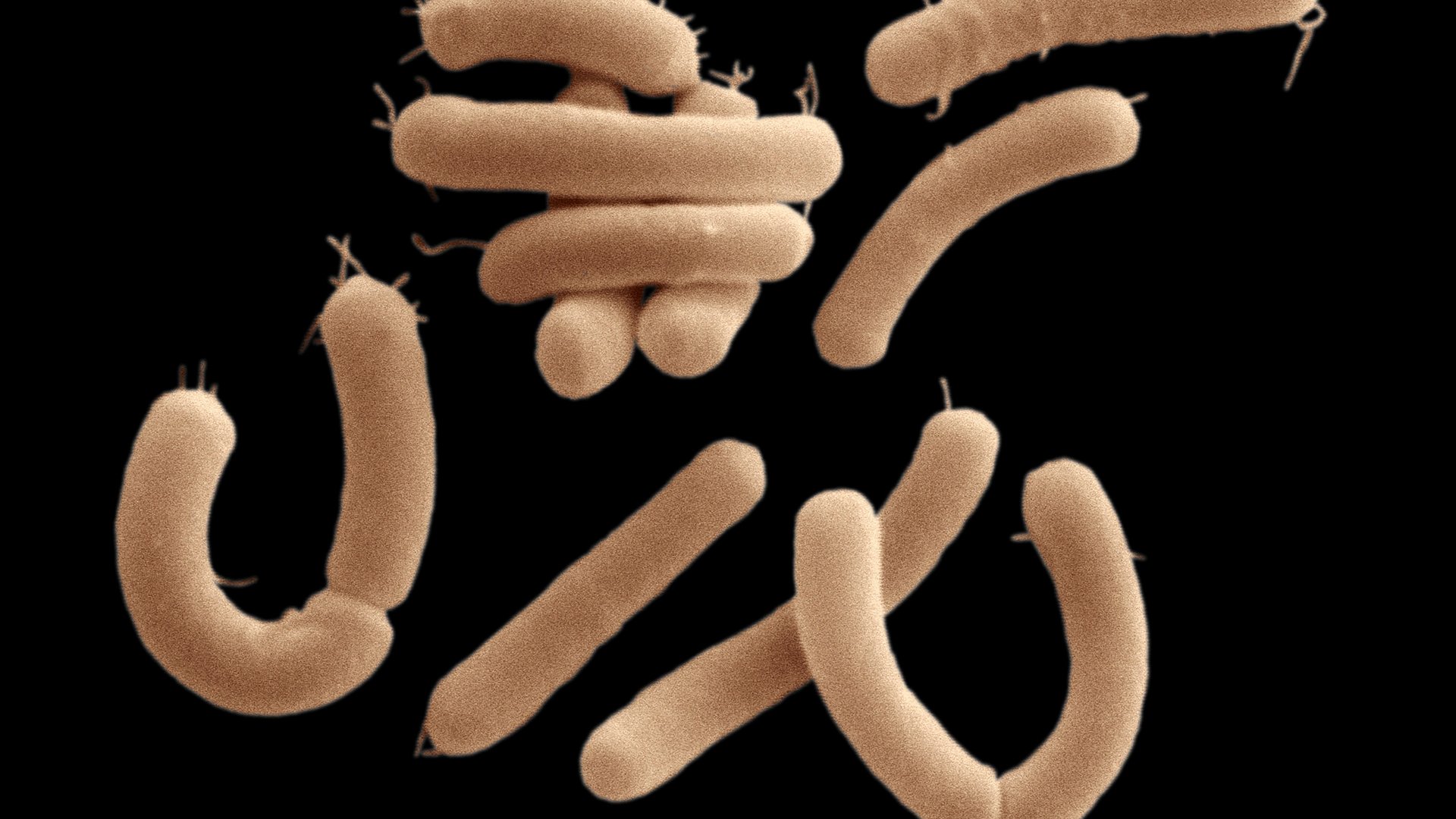Hypersensitivity
An allergic reaction develops as a result of the body’s hypersensitivity to everyday substances, known as allergens. Thousands of allergens are known, such as house dust mites or pollen, or foods such as peanuts. People with an allergy can develop a violent reaction if they come into contact with the allergen. They can even die as a result of anaphylactic shock.
Increase
The last 20 years have seen an increase in food allergies. In the Netherlands, there are an estimated eight to ten thousand people with a life-threatening food allergy. A British study from 2015 estimated that half of all children have one or more allergies. There is still no definitive explanation for this, but it is suspected that our great concern for hygiene plays a role here.
Help from microbial sources
The search for effective treatment methods against food allergies has been going on for decades. Many treatments proved to work only briefly, or not at all. With help from microbial sources, Australian researchers may now have found the solution. The research team investigated whether it was possible to retrain the immune system of children with a peanut allergy. To do this, they combined oral immunotherapy with administration of the probiotic Lactobacillus rhamnosus. In a previous study four years ago, half of the participants received oral immunotherapy with the probiotic, while the other half received a placebo. Although the children’s immune systems should normally have reacted and induced an allergic response, the children built up a tolerance for peanuts as a result of this combination treatment. Even after 18 months, 82% of them were still able to tolerate peanuts.
The solution?
Four years after the beginning of the study, the children have now been tested again. Two thirds are still able to consume peanuts without developing an allergic reaction. According to the researchers, the addition of the probiotic was the final step that caused the treatment to be so successful. The study is now being repeated on a larger scale. If the results of this new study are in agreement with the previous findings, this will serve as confirmation of the treatment method. The addition of the probiotic may have provided the solution in the search for effective treatment of food allergies.
Source: The Lancet

